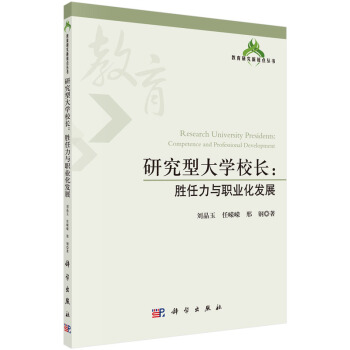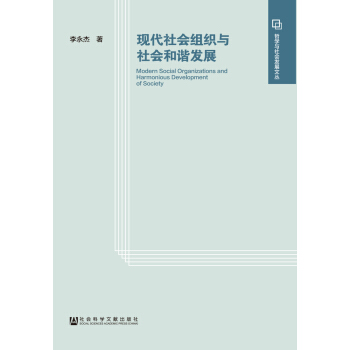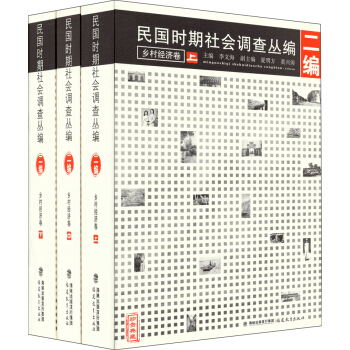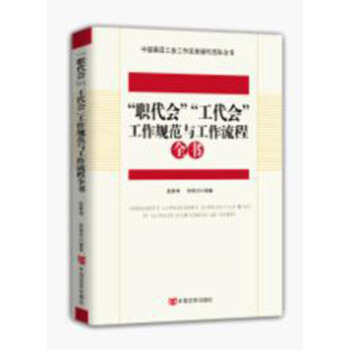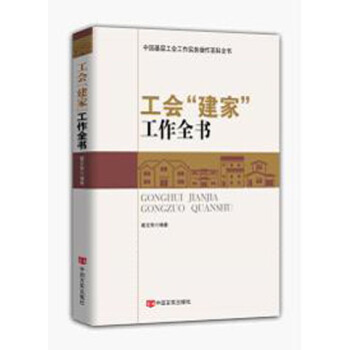![话语与文化 [Discourse and Culture form Discourse Analysis to Cultural Discourse Studies]](https://pic.tinynews.org/11324558/rBEhVVJbRasIAAAAAAKV0xgoWRUAAEIvwPtuEoAApXr785.jpg)

具体描述
内容简介
This volume is a self-selected anthology of academic writings by Shi Xu which have been published in various international outlets since 1990s. Indicative of his personal intellectual journey through different parts of the world, this collection contains cultural critiques of mainstream language and discourse studies, enquiries into cultural forms of human discourses, and explorations in culturally unfamiliar or new discourses. It is designed for anyone who is interested in going beyond traditional bounds of discourse and communication studies and engaging in culturally conscious and critical approaches to human interaction.内页插图
目录
Acknowledgements Prefacepart one cultural critiques of discourse scholarship
1 Open up Discourse-Theoretical Frontiers
2 Binary vs. Holistic Concepts of Discourse and Culture
3 Linguistics as Cultural and Rhetorical Construction
4 Discourse Studies as Cultural Politics
5 Multicultural Discourses as Objects of Study
6 Eastern Paradigms of Discourse Studies
7 Cultural Discourse Studies
8 Cultural China in a Discourse Perspective
9 The Impasse of Discourse "and" Society
part Two studies of cultural forms and functions
10 Argumentation, Explanation and Social Cognition
11 Reason and Control in Accounts of the Non-Western Other
12 Concepts as Interactional Resource in Troubled Intercultural Contexts
13 Perceptions as Exploitations of the Unexpected of the Cultural Other
14 Explanatory Discourse: Its Structural and Qualitative Complexities
15 Opinion Discourse and Its Paradoxes
16 Communication in a Cultural Psychological Perspective
part three enquiries into unfamiliar or new discourses
17 The Chinese New Discourse of Human Rights
18 Cultural China in Discursive Transformation
19 The Non-Western Discourse
20 Changing Discourses as Research Agenda
21 Constructing New Forms of Intercultural Communication
22 Historical Developments of Identity in Collective Discourse
精彩书摘
What do these insights into culture imply for the practice of discourse theory formation and development? They are not necessarily centrally concerned with the discursive forms of cultural practice. We need to find their links with the theoretical analysis of discourse. Further, how can individual researchers then formulate a non-ethnocentric, non-imperialist theory of discourse? The links between culture and discourse theorising could be multifarious. We need to translate them into a new, specific and principled way, or conceptual strategy, for informing the articulation of discourse theory. Let me take up these questions one by one.The new cultural insights described above imply, first of all, that in the international academic world the construction of any discourse theory, my own as well as those of colleagues, cannot be natural, impartial or free from (imperial) cultural power. Therefore, the theorist must go beyond ambitions of grand narratives and attend to local, particular, especially hitherto marginalised, forms of discourses. These include not only ordinary discourses, but also the discourses of intellectual traditions. Thus, the theorist must depend on not only Western intellectual traditions, but non-Western ones as well; they must analyse not only Western discourses but non-Western discourses as well. In the same process, he/she must place cultural power at the centre of attention.
Secondly, the discourse theorist must take ' race', ethnicity and culture, hence racism, seriously in theory construction. These properties must not be treated as if they belong only to other ordinary people; they exist at the core of the elite, disciplinary profession itself (for racisms in other social sciences see Gilroy 1992; Hall 1999; Said 1978, 1993; van Dijk 1993b). Such a new form of theory formation should make explicit its ethno-historical specificity, on the one hand and on the other hand, attempt to involve multi-racial/coloured participation, collaboration and critical reflection as well as analysis of culturally diverse discourses, including local languages and issues.
Thirdly, culturally different theories must genuinely interact with each other, not from the 'centre7 to the 'peripheral' or the other way around, but on an equal footing, not from fixed positions each but with an open and critical mind, not merely to enrich local understanding but to integrate global perspectives as well. Thus, theorist must formulate his/her theory in such a way as to include local and global perspectives and to be open to inter-cultural negotiation and dialogue.
……
前言/序言
In the past twenty or so years of my academic life, I have published numerous scholarly writings in English; they are varied in genre, topic, approach, and cultural context; and they exist in various forms and outlets. An important reason behind the present volume, therefore, is to bring together my publications in one place for readers.The present anthology is, nevertheless, only a small selection. My English publications can be divided into roughly three periods of more or less equal lengths. The first period (1989 - 1996), when I was a visiting scholar and then AIO (university research assistant) at the University of Amsterdam, the Netherlands, is composed largely of work in discourse analysis; the second (1997 - 2003), when I was teaching at the National University of Singapore and then the University of Ulster, UK, is more of a meandering and exploratory phase and sees some ventures in such disciplines as discursive psychology, cultural psychology, cultural studies, socio-cultural and political domains; and the most recent period (2004-2013), which is more imaginative and prolific, is devoted consistently and firmly to developing and establishing the two broad and interrelated fields: Cultural Discourse Studies and Chinese Discourse Studies. But here in this collection I have selected only the more typical and representative pieces; moreover, I have other considerations in making my choices and organizing them.
I have wanted this collection to reflect to some extent the trajectory of my intellectual development on the one hand and on the other hand to indicate the terrains of research interests, orientations, approaches, disciplines, academic genres and socio-cultural domains that my academic journey has covered. Readers will find clues to these from the dates of the publications and the types of materials presented here. Beyond presenting such a personal record, further, I wish to showcase somehow a mode of research that a Chinese scholar could fashion, where one's scholarship is imbricated with wider historical and cultural context and in particular cultural-political and cultural-intellectual concerns. Readers will ascertain these historical and cultural traces in the changes of my research topics and objectives. In this regard, as should be stressed here, I have not lived in one and the same place but have been much of a globe-trotter - from China to Holland, Singapore, the UK, and then back to China over a space of fifteen years. These geopolitical displacements have left their marks, too, for example in the data materials treated, intellectual sources consulted, and research directions embarked on.
Most important of all, I have wanted to use this selected personal-cultural-intellectual account to make a case for multicultural scholarship on human discourse and communication: when global capitalism and Western hegemony have increasingly encroached upon the human and social sciences and the academe as a whole, of which discourse scholarship is a typical example, culturally conscious and critical modes of research are urgently needed in order for intercultural dialogue, genuine innovation, and helpful scholarship to become possible. This means, especially for scholars and students of the developing Third/ Fourth World, that we must break out of the shackles of the Western-centric forms of thinking and speaking and reconstruct locally grounded and globally minded academic identities, stances, voices, or more specifically, paradigms of discourse research.
null
用户评价
坦白说,这本书的出现,填补了我心中一个长久以来的知识空白。我一直觉得,很多现有的语言学分析过于脱离了社会背景,而很多文化研究又缺乏坚实的文本分析基础。这本书就像一座灯塔,照亮了连接这两个领域的路径。它不是简单地告诉我们“话语很重要”或者“文化很重要”,而是精细地描绘了它们相互依存、互相塑形的复杂机制。阅读过程中,我时常会想起自己过去处理的一些模糊不清的文化现象和沟通困境,现在,我似乎拥有了更精确的“手术刀”去解剖它们背后的运作原理。这种知识上的赋权感,是阅读一本真正优秀的学术著作所能给予读者的最大奖赏。它不仅是知识的传授,更是思维模式的重塑,让人在合上书本后,依然能感觉到一股强大的思维惯性在持续推动自己,去以更具洞察力的方式解读这个世界。
评分读这本书的过程中,我常常停下来,陷入沉思,思考作者是如何将那些抽象的理论工具,如此巧妙地应用于具体案例分析中的。我尤其关注到作者在构建分析框架时所展现出的那种精妙的层次感,从微观的语言结构分析,到宏观的社会权力运作,每一步都过渡得自然而然,没有生硬的跳跃。这种写作风格,既保持了学术研究的深度和精确性,又避免了陷入晦涩难懂的泥潭,对于像我这样,既希望获得扎实的理论支撑,又渴望看到实际应用效果的读者来说,简直是量身定做。它提供了一套可操作的、有生命力的分析工具箱,而不是一堆束之高阁的理论模型。我感觉自己仿佛有了一副新的眼镜,开始用一种全新的、更具穿透力的视角去观察周围发生的一切交流和互动,那些曾经被视为理所当然的文化现象,此刻都变得鲜活起来,充满了值得挖掘的张力。
评分这本书的文字功底令人印象深刻,它没有因为主题的严肃性而变得干巴巴、枯燥乏味。作者在阐述复杂的理论概念时,总能穿插一些恰到好处的类比或者精炼的概括,使得那些原本可能让新手望而却步的术语,瞬间变得清晰易懂。我尤其欣赏那种行文中的内在节奏感,它仿佛遵循着一种内在的音乐律动,在需要强调的地方,句子会变得短促有力,而在需要铺陈论证时,结构又会自然地舒展开来,显得从容不迫。这种对语言本身的驾驭能力,本身就体现了作者对“话语”研究的深刻理解。读起来有一种非常流畅的“沉浸感”,让人极少需要频繁地翻回查阅前面内容,这对于保持阅读的连贯性和思考的深度是至关重要的优势。它不仅是一本学术专著,更像是一篇篇优美的散文诗,只是其内核是严谨的学术论证。
评分这本书的结构安排,简直是一场精心策划的学术旅程。它不是那种平铺直叙的教科书式推进,而是充满了探索的乐趣。从开篇对“话语分析”的扎实回顾,到中间部分对“文化研究”视角的引入,再到最后将两者融会贯通,形成一种新的研究范式——“文化话语研究”,这个递进的过程处理得非常高明。我特别喜欢作者在过渡章节中使用的那些对比和辩证手法,它有效地避免了将任何一种理论绝对化,而是鼓励读者以一种更加开放和批判性的态度去接纳不同的学术观点。这种亦步亦亦趋的引导,使得读者在不知不觉中,自身的批判性思维也得到了极大的锻炼和提升。读完一个章节,总有一种茅塞顿开的感觉,仿佛被邀请进入了一个高层次的智力对话圈,与领域内的顶尖学者在进行一场跨越时空的深入探讨。
评分这本书的封面设计着实吸引人,那种深沉的色彩搭配上独特的排版,让人在书店里一眼就能注意到。虽然我还没有完全读完,但仅仅是翻阅目录和前言的部分,就已经能感受到作者在梳理复杂概念时的那种严谨和周到。这种将看似疏离的两个领域——“话语”与“文化”——强行连接起来的尝试本身就充满了挑战性,而作者似乎用一种非常流畅且富有逻辑性的笔触,搭建起了一座坚实的桥梁。我特别欣赏作者在引言中提出的那种对传统研究范式的反思,那种不满足于既有框架、力求突破的学者精神,让人对接下来的内容充满了期待。它不仅仅是两门学科的简单叠加,更像是一种全新的思维方式的引入,让人开始重新审视我们日常交流中的每一个细微之处,意识到语言的背后潜藏着多么庞大的文化机制。这种宏大叙事的构建能力,让人不禁想立刻沉浸其中,去探寻那“话语如何塑造文化”的底层逻辑。
相关图书
本站所有内容均为互联网搜索引擎提供的公开搜索信息,本站不存储任何数据与内容,任何内容与数据均与本站无关,如有需要请联系相关搜索引擎包括但不限于百度,google,bing,sogou 等
© 2026 book.idnshop.cc All Rights Reserved. 静思书屋 版权所有

![应用统计学丛书·随机域中的极值统计学:理论及应用(英文版) [Extremes in Random Fields A Theory and Its Applications] pdf epub mobi 电子书 下载](https://pic.tinynews.org/11353073/5652a6b7N229a7129.jpg)
![在平等与差异之间:女性主义对自由主义的批判 [Between Equality and Differece:Feminist Criticisms of Liberalism] pdf epub mobi 电子书 下载](https://pic.tinynews.org/11379070/rBEhU1LN9RQIAAAAAAF4QFT1hUQAAHveQCXB5UAAXhY517.jpg)
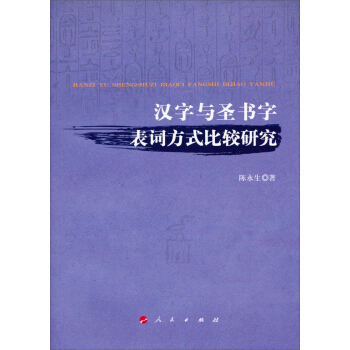
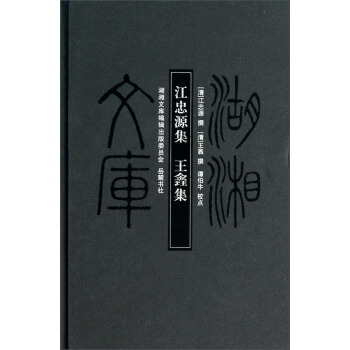
![儿童生存现状系列:中国儿童福利前沿(2013) [Lading Research on Child Welfare in China] pdf epub mobi 电子书 下载](https://pic.tinynews.org/11385292/rBEhU1LXMB0IAAAAAAKbMY0PTn0AAH-RQOoUzAAAptJ980.jpg)
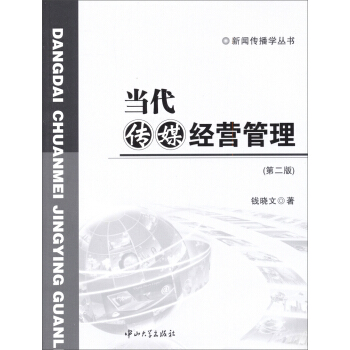
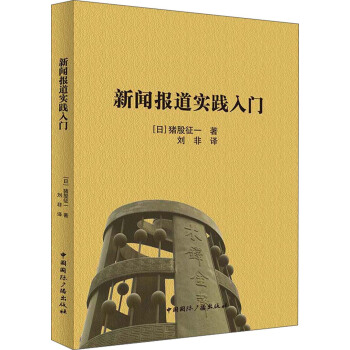
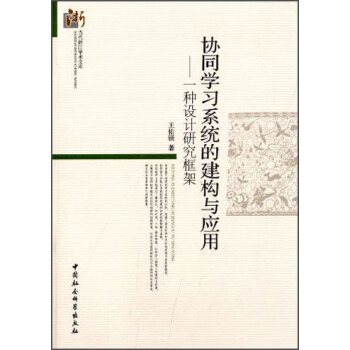

![中国人口年鉴(2013) [Almanac of China's Population] pdf epub mobi 电子书 下载](https://pic.tinynews.org/11467508/5385af30Nf66c83ec.jpg)
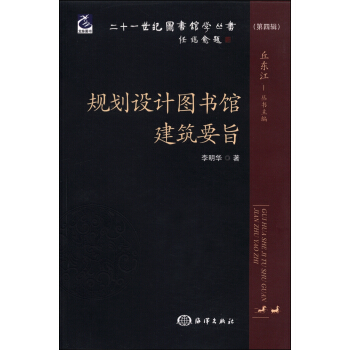
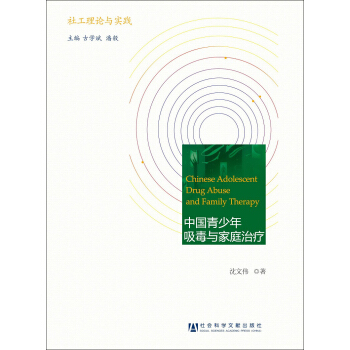
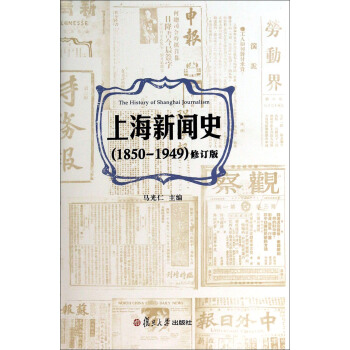
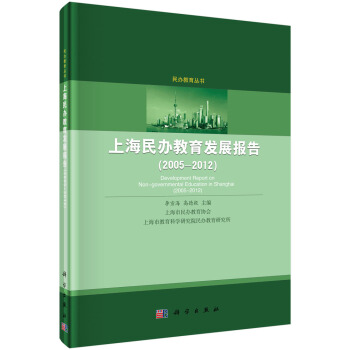
![城市发展史视野下的美国唐人街演变研究 [A Study on Chinatowns in The History of American Urbanization] pdf epub mobi 电子书 下载](https://pic.tinynews.org/11485370/53bdd4f0N4a8defbd.jpg)
